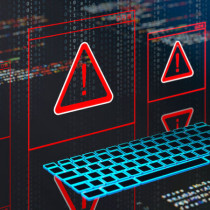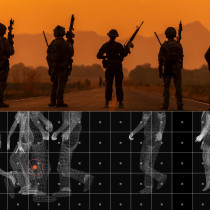Teen charged with hacking into NASA research center
A New Mexico teenager has been charged with hacking into a
NASA-run research centre.
Jason Schwab, 18, has been charged with computer abuse and
conspiracy to commit computer abuse connected with an April 2000
attack by crackers against NASA's Ames Research Centre in
California.



































































